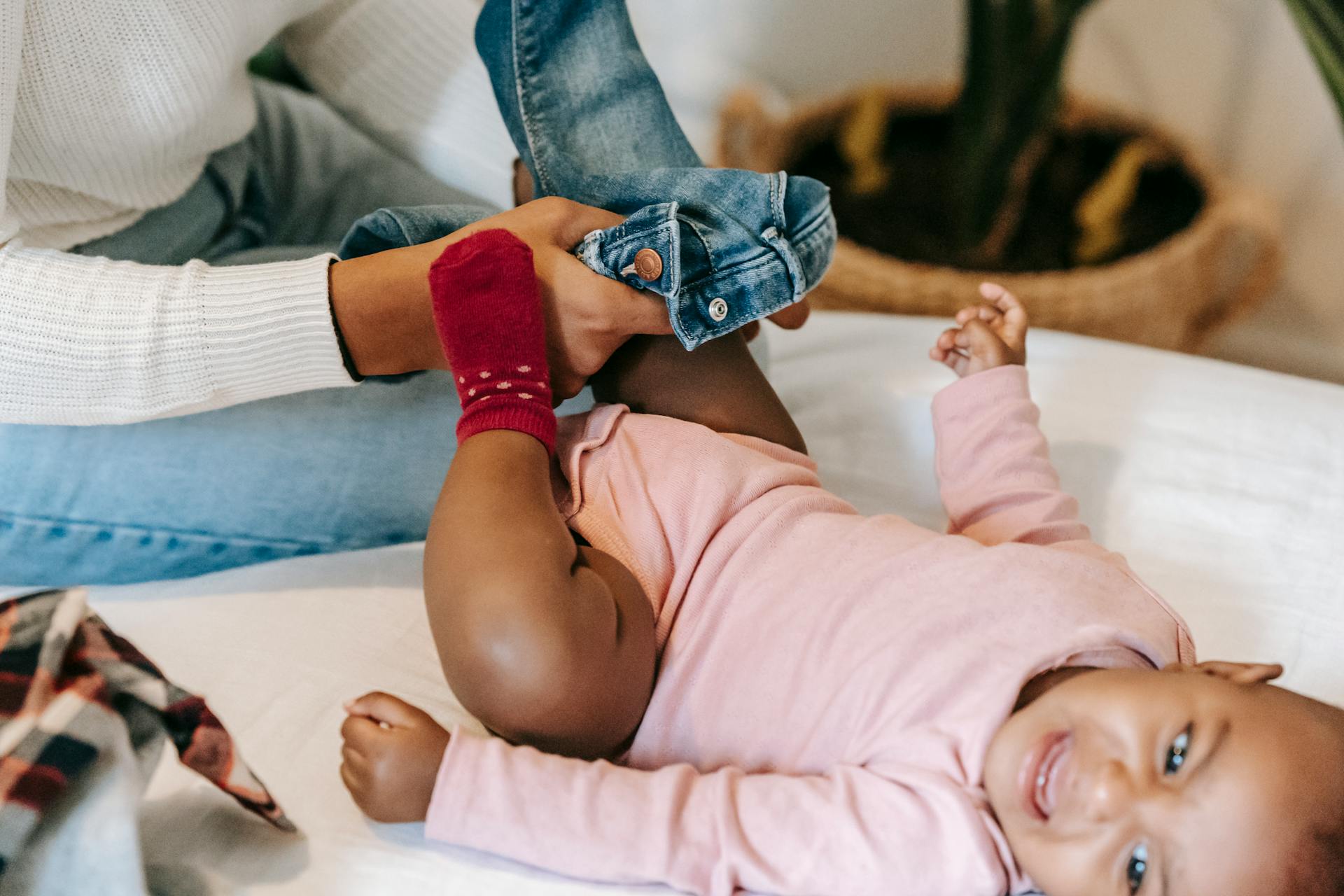Black maternal health isn’t just about the birth process, but it’s also about Black mom’s mental health. Thanks to the age of social media, more women are feeling comfortable to share their journeys with postpartum depression, but a lesser talked about mental health condition connected to childbirth is postpartum anxiety.
A mom dealing with postpartum anxiety might feel persistent and excessive worries about their baby and his or her health and safety. They might have irrational thoughts or fears about the absolute worst things happening to their child, even while they are in their care.
The inability to relax can be daunting, and a new mom may feel isolated and alone in the midst of obsessive and intrusive thoughts that are counterintuitive to her normal behaviors. Postpartum anxiety uniquely and specifically affects new moms. So if you are going through it right now, know that you are not alone.
What Is Postpartum Anxiety
Danielle Hairston, M.D., residency program director at Howard University College of Medicine, explains that there is a lot of overlap between depression and anxiety. With both, women might see distraction, as well as difficulty sleeping, heart palpitations and poor concentration. There is also worrying that comes with both.
What differentiates postpartum depression from postpartum anxiety is that the first presents as sadness, while the latter is rooted in excessive fear and worry. While it’s common for expecting moms dealing with postpartum depression to also experience anxiety, not every woman who experiences postpartum anxiety is depressed.
Postpartum depression presents with a low mood, guilt and anhedonia, specifically not being interested in engaging with the baby. In more severe cases, thoughts of suicide or harming the child occur. Whereas, postpartum anxiety includes fear about the baby and other things. It can involve repetitive thoughts, panic, the desire for things to be perfect and trying to control everything. Symptoms of postpartum anxiety are very similar to those of general anxiety disorder.
Support For New Moms Is Critical
For women who are facing postpartum anxiety, Dr. Hairston suggests seeking professional help. Don’t be ashamed to ask for what you need.
“Therapy and/or medication might be the answer for you, and that’s OK,” she said
She also emphasizes the need for support, such as finding a local mother/parent circle or support group. In her own pregnancy journey, Dr. Hairston dealt with postpartum anxiety. Her friends were key in providing support during that time and checking in to help her avoid isolation. She also sought support from a postpartum doula.
Postpartum doulas provide support for women as they transition into life with a newborn. They can help new moms create a roadmap for their postpartum period to ease the transition. They also provide encouragement and tools for emotional reassurance.
“I have a two year old, and I remember being so anxious about making a mistake with my baby,” she said. “I had a postpartum doula who helped me get through so much of the anxiety, just by giving me space to watch, learn and sleep.”
